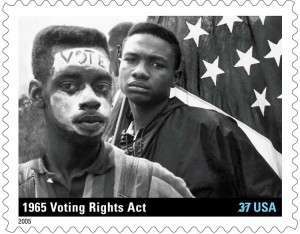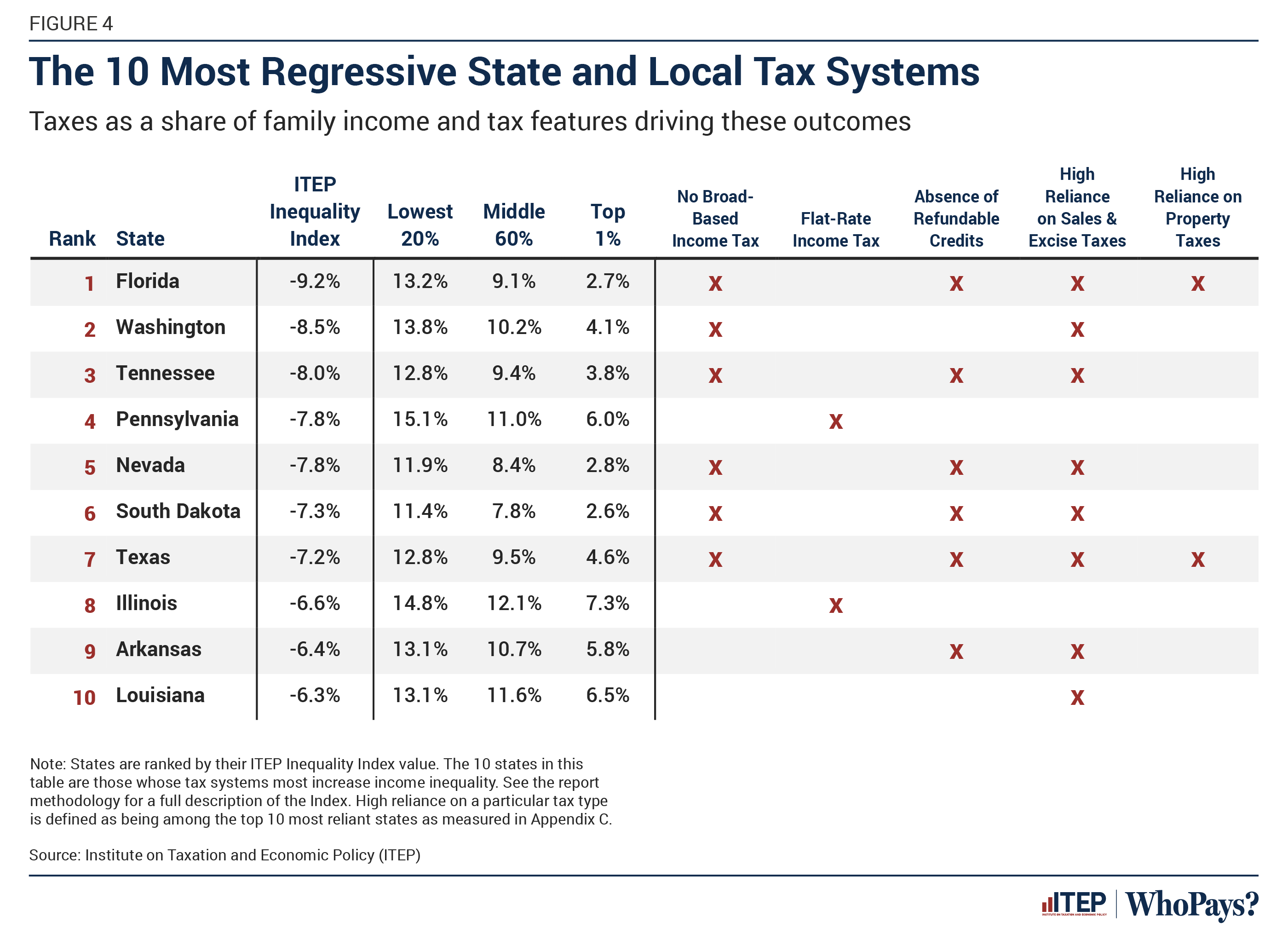Well, now what?
The voter ID gambit didn’t turn out the way it was supposed to in Shelby County with Democrats winning reelection to countywide offices. One thing’s for certain: the Tea Party fringe that has captured the Tennessee Legislature will find another way to put a thumb on the scales.
Voter fraud was more of a political fraud all along. The reactionary right conjured up fake outrage over an alleged problem that was at best a footnote to the election process. We’ve all heard the rhetoric about protecting the sanctity of the ballot box and supporting public confidence in elections.
It’s all just so much political theater. Research study after research study has concluded that voter fraud is extremely rare, particularly the voter impersonation.
It’s all comical, or at least it is now that this particular voter suppression plan failed to turn the Democratic tide in Shelby County.
Apple Pie in the Face
If the Republican Legislature really wants to do something to protect the integrity of elections, it would do something about the Republican-controlled Shelby County Election Commission. It disenfranchised several thousand people with its continuing ineptitude, and unlike the voter fraud rhetoric, there is clear and conclusive proof and evidence that Election Commission voter fraud is taking place and on a scale that dwarves the voter fraud fake outrage.
The fact that it does so election after election makes both parties culpable for the political gamesmanship that prevails as Election Commission members try to excuse and explain away these problems.
It’s curious that while giving apple pie and motherhood speeches about voting, politicians can’t simply agree that our goal as a nation is to make it as easy and accurate for the most voters possible to vote. Instead, we are in the midst of the most intentional voter suppression campaign that the U.S. has seen since the late 19th and early 20th centuries.
The thing is that people who want to fraudulently vote bad enough are still going to fraudulently vote. For example, people over 60 years of age can vote by absentee ballot without voter ID, which means some of us can cast votes in the names of our deceased parents if we are so inclined.
Targets on Their Backs
There’s nothing more striking about the law than the fact that it is as squirrely as the legislators who wrote it. Students who attend state universities can’t use their ID’s to vote, but people with hunting licenses are giving special ease to vote.
We’ve seen all of this before in the South and that’s why all of us should stand strong against anything that creates obstacles for certain people to vote. Many of us lived through a time when full voting rights for African-Americans were only granted after lives were sacrificed and massive civil rights marches were staged. It’s worth remembering that the U.S. didn’t achieve universal suffrage until the late 1960s as a result.
As a result, some Eastern and rural Tennessee legislators may not understand the emotional reaction to voter ID laws, but the right to vote was literally written in blood. That said, voter ID laws are just one prong of current voter suppression efforts in the U.S. that range from the elimination of Sunday early voting to the purging of voter rolls.
There’s no rational argument to be made that the general thrust of voter suppression efforts disproportionately involves city dwellers, minorities, and younger and older people. Since 2008, almost three million people have been purged from the voter rolls, and black voters are one and a half times more likely to be purged than white voters.
Bristling at the Truth
What all this says convincingly is that the new laws and purges aren’t really about guaranteeing the integrity of elections but to achieve partisan purposes by making it harder for specific constituencies.
As a result of this scandalous voter suppression plan, Memphis Mayor A C Wharton’s decision to file a lawsuit contending that Memphis library IDs should satisfy the state requirement for an ID. After all, the process for obtaining a library ID is much more deliberate and thorough than many of the ID’s allowed under the law.
This legal challenge is one of the Wharton Administration’s finest hours, and the mayor’s decision to continue his challenge after the initial denial by the federal court is admirable. The federal judge in Nashville seemed to encourage further challenges with her question about why people with expired hunting licenses from other states should be allowed to vote when people with a city or county-issued ID cannot.
Otis Sanford, writing in the Commercial Appeal, summed it up well: “Republicans bristle at complaints these laws are designed to suppress the votes of poor, elderly citizens and many college students, whose politics are not aligned with the GOP.
“Too bad. Because that is the motive, pure and simple.”





Of course that’s their motive. If the TN Legislature were serious about the integrity of the vote, they would implement the already passed legislation regarding a paper trail of electronic voting. Because if you really want to steal an election, their can be no better way than electronic voting machines with no verifiable paper trail.
GOP Voter ID Campaign Based On Bunk, Data Shows –
http://www.huffingtonpost.com/2012/08/13/gop-voter-id-data-voter_n_1773142.html?fb_action_ids=3128214744388&fb_action_types=og.likes&fb_source=aggregation&fb_aggregation_id=288381481237582